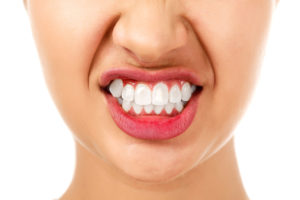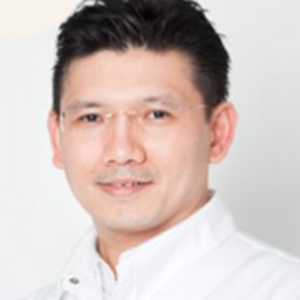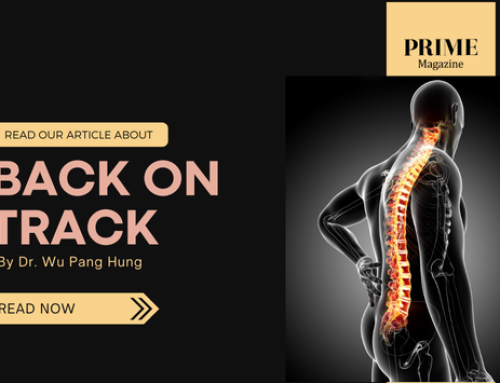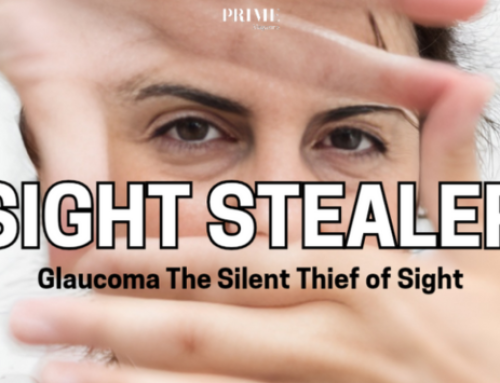Question:
I have a serious teeth grinding problem. What should I do to prevent this?
Answer:
 There are two types of teeth grinding: clenching (holding your top and bottom teeth tightly together); or grinding (when you slide your teeth back and forth over each other). Medically, this is called bruxism. If you have bruxism, you unconsciously clench your teeth together during the day, or clench or grind them at night (sleep bruxism).
There are two types of teeth grinding: clenching (holding your top and bottom teeth tightly together); or grinding (when you slide your teeth back and forth over each other). Medically, this is called bruxism. If you have bruxism, you unconsciously clench your teeth together during the day, or clench or grind them at night (sleep bruxism).
Mild bruxism may not require treatment. However, in some people, bruxism can be frequent and severe enough to cause permanent damage to the teeth and uncomfortable jaw pain, headache or ear pain.
In some cases, chronic teeth grinding can result in fracturing, loosening or loss of teeth. The chronic grinding may wear teeth down to stumps. When these events happen, bridges, crowns, root canals, implants, partial dentures or even complete dentures may be needed.
Usually, a person doesn’t realise that they grind their teeth in their sleep. The partner who shares their bed (and hears the grinding noises at night) is often first to notice the problem. Parents may also hear it in their sleeping children.
Teeth grinding can be a result of stress, anxiety, smoking, heavy alcohol, caffeine or depression. Research has shown that bruxism is found more commonly in people who snore and pause in breathing (sleep apnea) and in people whose lifestyle includes smoking, drinking alcohol and caffeine.
Because you may have sleep bruxism and be unaware of it until complications develop, it’s important to know the signs and symptoms of bruxism and see your doctor or dentist if you have any of these symptoms:
- Teeth are flattened, fractured, chipped or loose
- Teeth are sensitive
- Jaw or face pain or soreness
- Headache
- Earache
- Sore gums, teeth, jaw, and face
If you think you grind your teeth, see your dentist as soon as possible. They will look at your teeth and talk about possible treatment options that may include:
- Repair of tooth damage
- Fixing fillings that are too high
- A special mouth guard (‘bite splints’) to wear at night so that the guard is worn down instead of your teeth. In most cases, a bite splint will only help with the symptoms and will not stop you from grinding your teeth altogether
If stress is causing you to grind your teeth, ask your doctor or dentist about options to reduce your stress. For example, you can attend stress counselling, start an exercise programme, see a physical therapist or obtain a prescription for muscle relaxants.
Other tips to help you stop teeth grinding include:
- Avoiding or cutting back on food and drinks that contain caffeine, such as colas, chocolate and coffee
- Avoiding alcohol. Grinding tends to intensify after alcohol consumption
- Not chewing on pencils or pens or anything that is not food. Avoid chewing gum as it allows your jaw muscles to get more used to clenching, making you more likely to grind your teeth
- Training yourself not to clench or grind your teeth. If you notice that you clench or grind during the day, position the tip of your tongue between your teeth. This will train your jaw muscles to relax
- To prevent damage to the teeth, mouth guards or appliances such as splints are often used to treat teeth grinding, clenching and TMJ disorders. A splint may help protect the teeth from the pressure of clenching.

Dr Raymond Lim has been at the forefront of patient-centric dental care services and professional expertise since 2005.
The National University of Singapore (NUS) alumnus who received a Bachelor of Dental Surgery (B.D.S) has advanced, with three years at National Dental Centre treating trauma and emergency patients and a two-year post at polyclinics as the overall in charge. His subsequent years in private practice have further spurred his passion in implantology; He was awarded Certification of Aesthetic Implant Dentistry from the University of Uclan (UK) in 2011.
With determined motivation to provide professional treatments with skill, precision and absolute dedication, he harnessed his years of experience in different sectors of the dental health industry to start his own practice.










